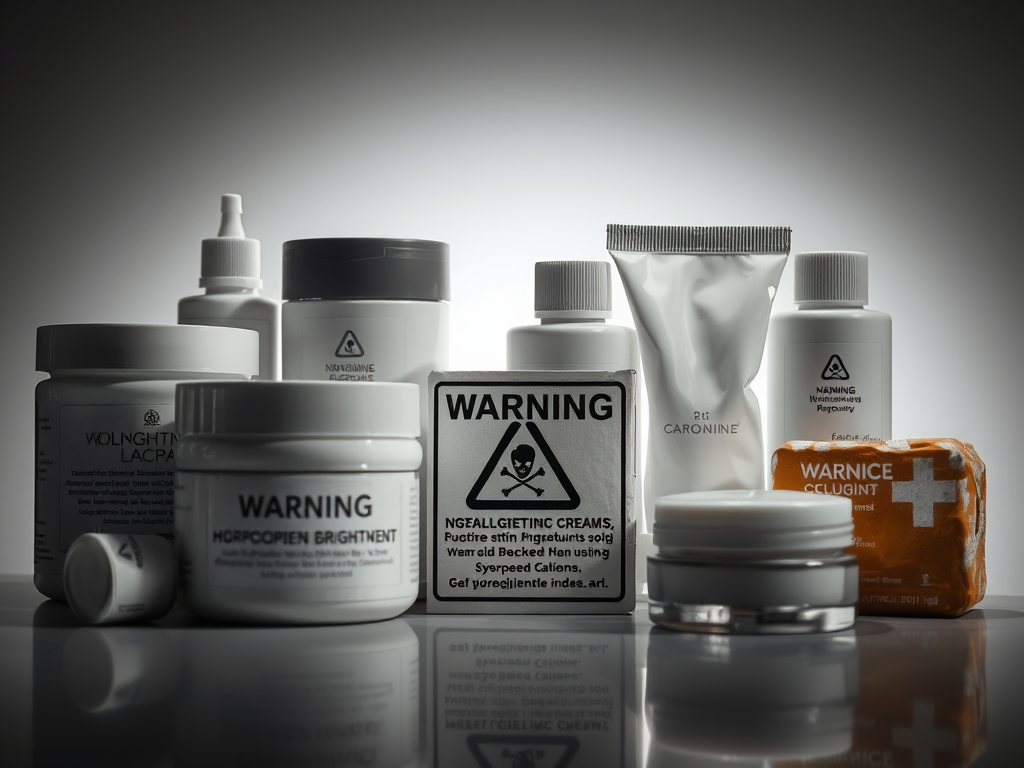After many years of advocacy, paper presentations and planning, Nigeria’s quest to reduce drug imports from 70 percent to 30 percent appears to be effectively underway. The steady increase in the local pharmaceutical companies currently being witnessed in the country is a testament to this line of thinking.
Stakeholders and interested observers are unanimous in their opinion that there is steady increase in the number of pharmaceutical companies currently operating in the country and a noticeable surge in the demand for local pharmaceutical products. The current transformation in the pharmaceutical sector at the instance of NAFDAC they argue, is substantially responsible for the increase. This is cheery news that must not be allowed to fizzle away.
Director General of NAFDAC, Prof Moji Adeyeye, recently confirmed that the pharmaceutical industry in Nigeria is experiencing appreciable growth. In her remarks at a recent event organized by PMG-MAN and GPE EXPO PVT Limited, Adeyeye said that local drug production has surpassed 30 percent capacity and currently approaching 40 percent. She further said that on her assumption of office in November, 2017, her administration set out clear-cut goals aimed at enhancing and promoting local
production of pharmaceutical companies.
A regulatory order introduced by NAFDAC popularly called Five plus Five validity policy is considered by stakeholders as the game-changer in the efforts to increase local production of pharmaceutical products. The policy according to Adeyeye aims at migration of previously imported pharmaceutical products that can be manufactured locally. The outcome of the policy, Adeyeye said, showed that as of July, 2023, a total of 57 companies (representing 30 percent of total number of manufacturers) have provided blue-print for migration to the Drug Regulation and Registration Affairs Directorate of NAFDAC.
By increasing domestic drug production which the rise in the number of local pharmaceutical manufacturing companies would be offering, Nigeria can reduce its reliance on imports, mitigate supply chain disruptions and stabilize prices of drug products. Additionally, it is imperative to integrate local drug production into overall health system in the country. By so doing, it can contribute to sustainable access to quality–assured, safe, effective and affordable medicines. It will also help to prevent or address medical products shortages; enhance achievement of universal health coverage and strengthening of national health emergency preparedness and response to ailments and future endemics and pandemics as well as minimizing public health hazards. However, effective fiscal policies are needed to support this growth and stabilize the Nigerian economy.
Indeed, Nigeria’s pharmaceutical industry sector operates under harsh environment that limits its potentials to contribute resoundingly to the national GDP. The combination of high energy costs, foreign exchange scarcity, stratospheric interest rates, rising inflation and logistics costs that the pharmaceutical manufacturing companies have had to contend with over the years is threatening their existence. Immediate action must be taken by authorities in government to change this narrative especially now that the sector is looking formidable to play a major role in the economic development of the
country.
In a recent forecast by Statista, an online portal providing data on global economy, industry sector and consumer markets among others, Nigeria’s pharmaceutical market is experiencing surge in the demand for locally produced generic drugs. The projected revenue in Nigeria’s pharmaceutical market is estimated to reach US$ 1, 765. 00 M in 2024
The annual growth rate (CAGR 2024-2029) is expected to be 5.99 percent, leading to a market volume of US$ 2, 361.00bn by 2029. These figures are encouraging and could be surpassed with adequate support from government.
Similarly, NAFDAC director general said recently while justifying reasons why there is increase in the demand for local drug products, said that international procurement agencies like UNICEF, UNITAID AND UNOPS among others are currently patronizing local drug manufacturers.
For Nigeria to sustain the current tempo, achieve 70 percent reversal of imports in favour of local production and take advantage of the existing opportunity such as large African market, government must commit to meeting its pronouncements with action.
The political will to drive the implementation of such a deliberate policy must surpass previous experiences. No doubt, local production of drugs is the surest path to providing the quickest access to quality, safe and efficacious drugs but local pharma companies deserve unmitigated support to thrive.





